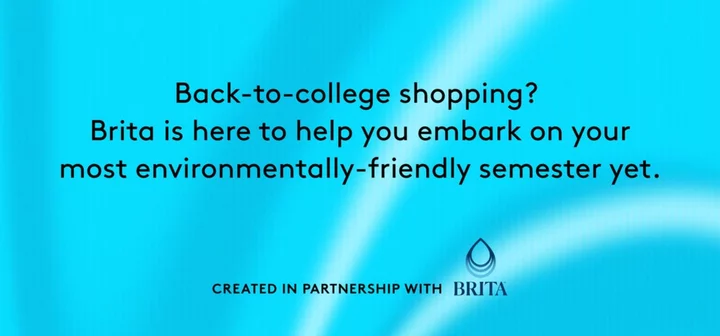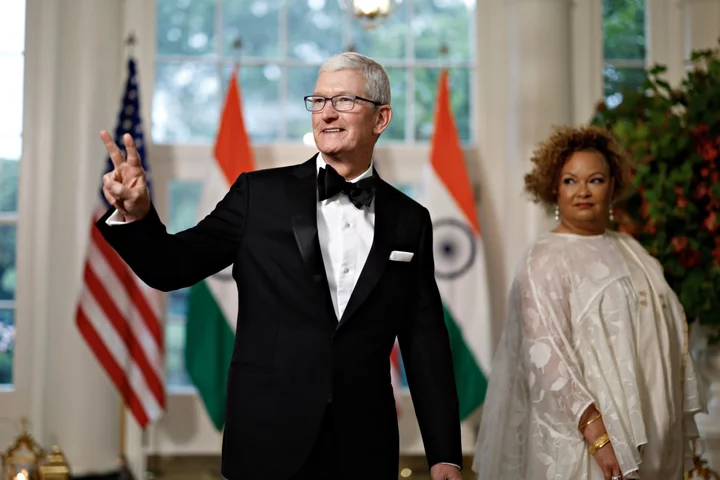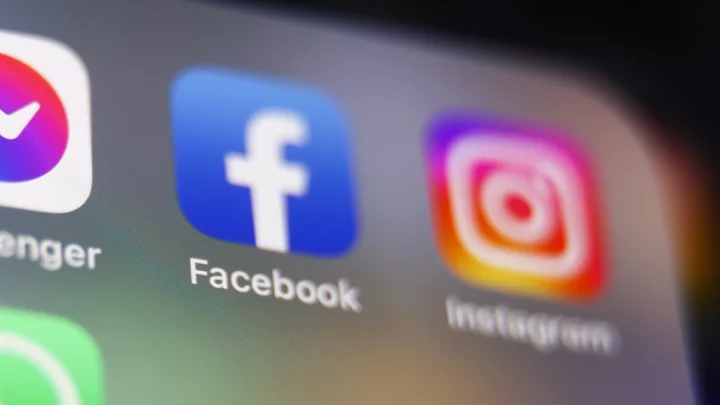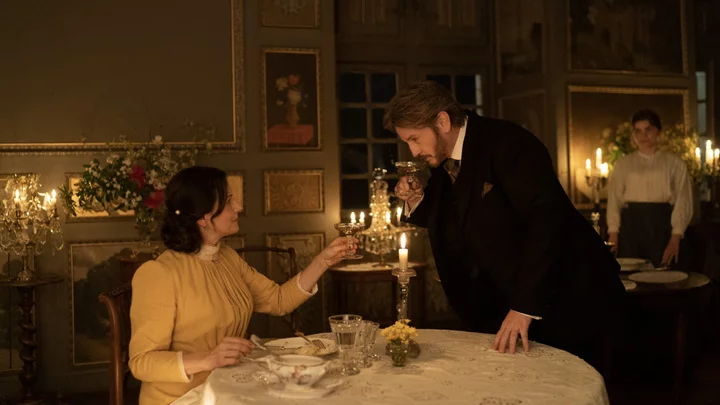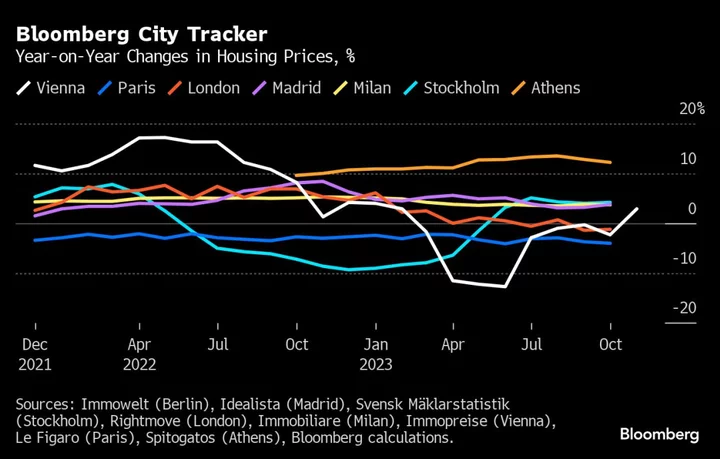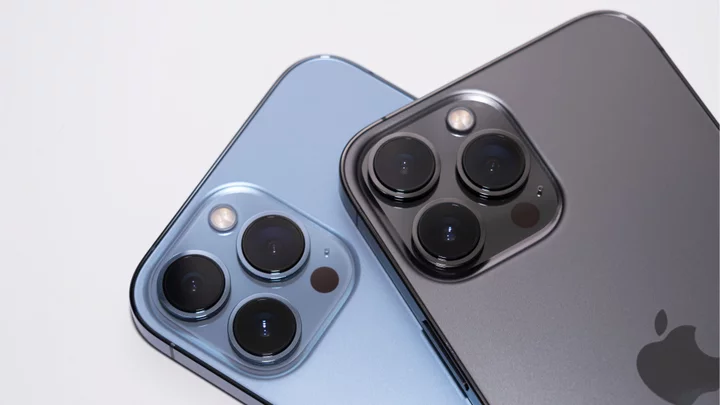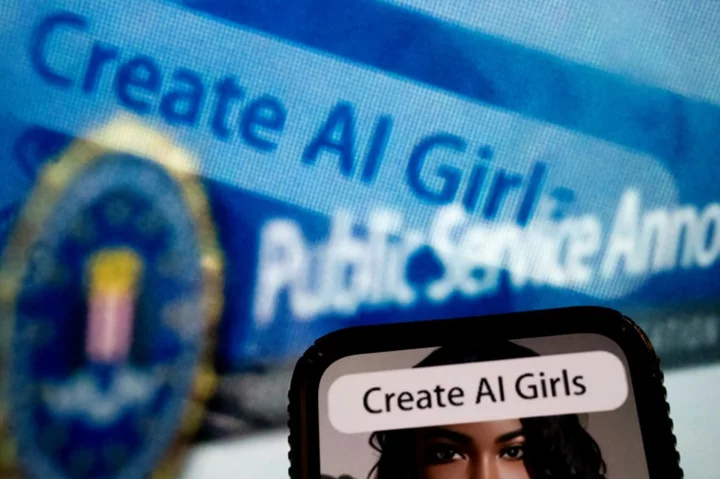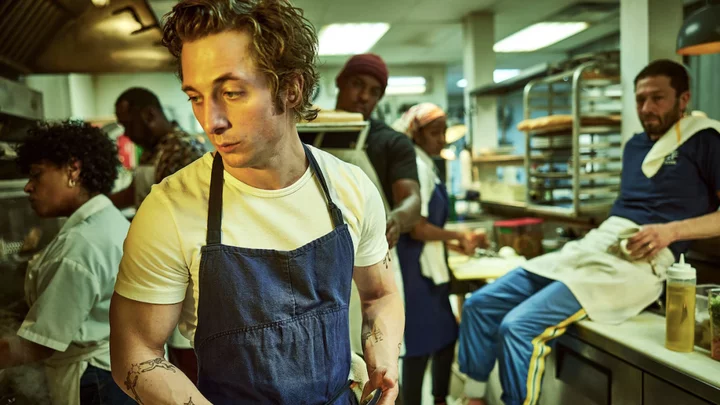The college essay is a daunting task: In just 650 words, applicants are supposed to show what makes them unique, when in reality the intricacies that make you you take up far more than a page and a half. I’d always heard that the best way to convey to admissions officers who you are is to explain how you reacted to, and learned from, a hardship in life but the essay is meant to showcase your ability as a writer, too. Plainly stating a tragic experience in your life is hard enough without having to find a “gimmick” that spins your tragedy into something clever and readable.
When I was 12, my mom died from angiosarcoma, a rare cancer of the blood vessels. Her death left me with a palpable sense of loss. Figuring out exactly how to relay the magnitude of the impact of her death on me for the purpose of the college application process felt insurmountable.
The first version of my essay wasn’t working. It kept coming out as a sob story — the exact opposite of the effect I wanted it to have. I wanted to show how I grew from this loss. It shaped me but it didn’t define me. It was getting close to the deadline and I was sitting at my computer thinking about how, despite the progress I had made in coping with the death of my mom, it still impacted my day-to-day life down to the last detail. Other kids have “parents,” I have a “parent.” I hate the letter “S.”
As soon as that phrase popped into my head, I knew that I had something worth writing. From there it started to flow: “S” follows me. I can’t get through a day without being reminded that while my friends went out to dinner with their parents, I ate with my parent. As I write this essay, there is a blue line under the word ‘parent’ telling me to check my grammar… But cancer doesn’t listen to edit suggestions.
‘S’ follows me. I can’t get through a day without being reminded that while my friends went out to dinner with their parents, I ate with my parent. As I write this essay, there is a blue line under the word ‘parent’ telling me to check my grammar… But cancer doesn’t listen to edit suggestions.
Writing the essay was cathartic. Each line I typed seemed to unlock a deeper understanding of how my mom’s death fundamentally changed me. I just thought I was born “Type A” but looking back, I can see how this tendency was triggered by the loss of my mom. I was the kid who aced every test and joined every club. I was student body president while I was working on Joe Biden’s presidential campaign. I was never perceived as “the girl whose mom died.” I was “the girl who was always so busy.”
My essay showed me where my dire need to stay busy came from. After experiencing such chaos in my life, I was drawn to anything that I could control. I could study to control my grades. I could fill my time with extracurriculars to control my schedule. If I phone banked hard enough, maybe I could even control the outcome of the 2020 presidential election. Planning every minute of my day and becoming a perfectionist wasn’t just a strategy to get into a top school — it was a coping mechanism.
Loss can be isolating but for my dad and me, sharing a tragedy brought us closer together. He is my rock and I am his. He even predicted I’d go to Harvard — well, sort of. In freshman year of high school, our families wrote letters to our future selves. When we read them four years later, the note from my dad said, “Who knows where you’ll be when you read this. Maybe you’ll go to Holy Cross,” his alma mater, “or maybe you’ll be off to Harvard.” I’m not sure how serious he was about it — I’m from Massachusetts, where everyone grows up “wanting to go to Harvard.” (I’m sure that’s where my dad found inspiration for his prediction.) As I got older and realized just how selective Harvard is, I set my sights more broadly on getting into an Ivy League or a top 20 school to protect myself from disappointment. But deep down, I’d had an affinity for Harvard ever since I was a freshman.
I expected to hear back from Harvard on Ivy Day — the day in the first week of April when all Ivy League schools release acceptance decisions at the same time — but I heard back in March, a month earlier than I had anticipated. I assumed it was a rejection. The pandemic had changed so much of the college application process (such as no longer making test scores a requirement) that I thought colleges might be releasing rejections early as a courtesy. I was planning on filming a “College Decision Reaction” video — I had already filmed my reactions to my Georgetown and Notre Dame acceptances — so I filmed myself opening my Harvard decision. My TikTok says it all: I screamed and jumped up and down, torn between bewilderment and elation. I got into Harvard! HARVARD!
My video reached 40,000 views. In the comments, people asked about my SAT score, extracurriculars, AP courses and more, curious to unlock the “secret” to a coveted Harvard acceptance. While there is no one way to get into Harvard, I decided to make videos explaining my personal credentials. Eventually I had shared everything about my application except for one thing: my Common App essay.
I admit I was a bit hesitant. It’s not that I wasn’t proud of my work. I just felt like if I shared my essay, all of the other things I had done — 4.0 GPA, top of my class, student body president, theater, political campaign — would get swept under the rug and I’d be the girl who got into Harvard because her mom died. So at first I kept things vague: I said something like, “I used the letter ‘S’ as a metaphor for the loss of my mother.” That post got over a million views and in the comments everyone was asking me to read my essay. Twenty-five million views later…
When I arrived on campus, I was not one of 2,000 anonymous freshmen — I was “The Letter ‘S’ Girl.” At orientation, in class, people would do a double take when they met me. Don’t I know you from somewhere? Oh right — the essay about the letter ‘S.’ My roommate didn’t have TikTok and even she knew who I was. Her friend texted asking if she had met “the letter ‘S’ girl.” We both laughed when she wrote back saying that I was her roommate. It was definitely an interesting way to start this new stage of my life, but at Harvard, people are quick to move on. My class is composed of Olympians, professional musicians, actors, published authors, founders of startups and more; by no stretch of the imagination was I a celebrity on campus. It was acknowledged and then no one talked about it again.
At Harvard, I was able to form really close, meaningful friendships. Harvard puts all the busy overachievers together. What defined us in high school was rendered irrelevant from the moment we stepped foot onto campus. At Harvard, people finally ask, What else have you got?
People imagine that going off to college is the chance to completely change yourself. While college does present the opportunity to change how you want to be perceived, I think that the fresh start comes more from the change in environment. Even though my classmates back home and I gradually changed throughout all of the years we were in school together, we still held onto the preconceived notions of our younger selves, as we were when we met as freshmen. At college, you meet new people who see you for the person you are, not who you were for the past four years. Harvard was the first time that people recognized me for who I had already become.
I got so many comments and DMs from complete strangers saying that I was able to put into words what they had been feeling about their own loss, and that is the most meaningful part.
I’ve changed a lot since starting at Harvard, too. College is much bigger than high school — there are more people, more activities to join. I’ve started doing Model United Nations, a club through which I get to travel the world to host conferences for high school students. Through the Institute of Politics at Harvard’s Kennedy School of Government I’ve met students who share my passion for politics. I even joined a sorority — and I love it! My high school self might have fainted at the fact that I joined a sorority but I’m glad I tried something new. I’ve met some of my closest friends there and I couldn’t be more grateful that I took the plunge.
College has taught me to be comfortable with questions rather than certainties. I’m learning to let go of the need to control aspects of my life and live in the moment. When my essay first went viral, I was always asked in interviews how my mom would feel knowing that I got into Harvard. I know she would be proud, but she would be even more proud of the way my essay brought comfort to people who have experienced similar losses.
I got so many comments and DMs from complete strangers saying that I was able to put into words what they had been feeling about their own loss, and that is the most meaningful part. Losing someone you love changes you. There is no way to completely start anew, but there is a way to move forward.
As told to Courtney Shea. This interview has been condensed from its original transcription.

